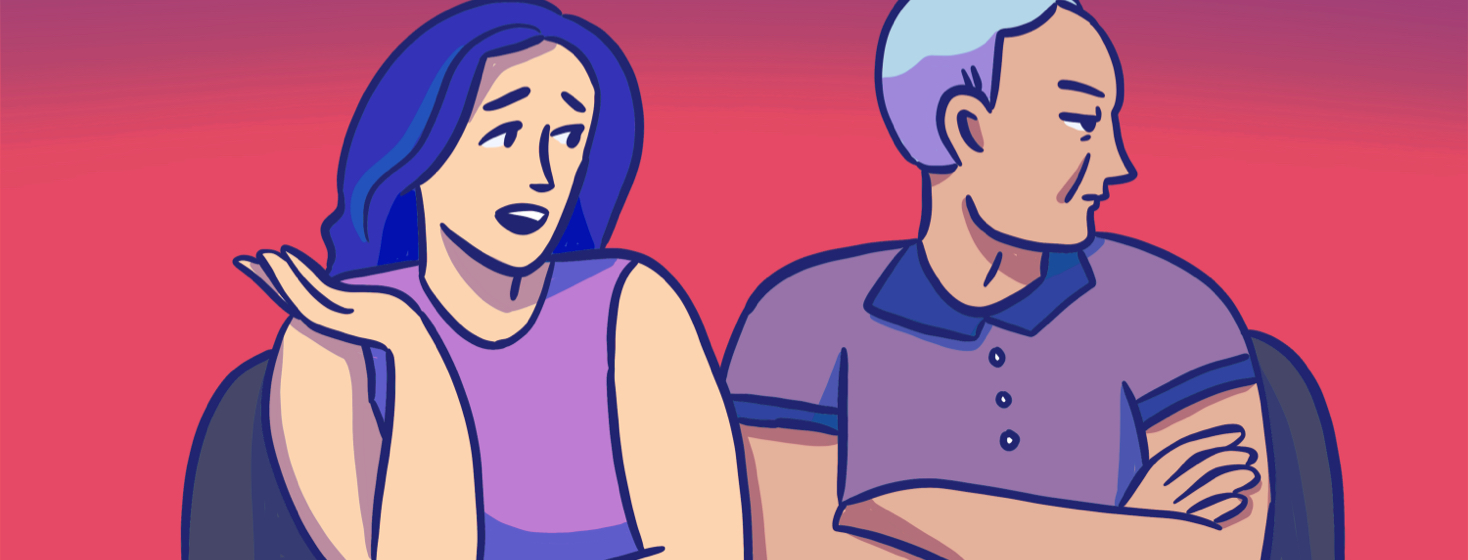Dismissed by Your Family
What do you do when the people closest to you dismiss you and your daily health struggles? It’s nothing short of heartbreaking, and quite honestly, insulting.
Do they not see how hard it is to live with a chronic illness? Do they think you have nothing better to talk about than your health and pain?
You want nothing more than to feel “normal.” You would love a day where your health didn’t dominate the thoughts in your mind.
Yet here you are, living with a chronic illness that often brings daily pain, which can be hard.
Feeling dismissed by family members
Do they not believe you?
Maybe they’re sick and tired of you being sick and tired too. The only difference is you don’t get to walk away from it or escape it the way they can.
I don’t know about you, but I have to do a lot of self-talk to get me through some days. I often push myself harder than I should, so I have to remind myself to have some compassion and give myself a break.
Coming from this experience, it’s hard to have family members fuel this fire by dismissing pain, fatigue, and other health struggles. I want to turn to my family for that comfort.
I want them to encourage me to prioritize my health and not be so hard on myself. So what do we do when we get a different response from them?
I by no means have the answer to this dilemma. Honestly, I think our response will be different with each family member we’re dealing with.
Some family members will be more responsive than others.
Communicating your feelings of not being taken seriously
It’s important to have a conversation with them. Otherwise, tension can build, creating resentment, which doesn’t lead to a healthy place.
One technique I found helpful in having these conversations is to say, “this may not be your intention, but when you do/say ______, it feels like you’re dismissing my experience and pain.”
I like this approach because I can give a specific example of their actions or words, but in a way that’s not harsh. It also allows them to correct me if I’m receiving their words or actions in a way that was not intended.
My goal is not to be “right” or “wrong.” My goal is to feel heard and hopefully have a different experience with that family member moving forward.
Loving yourself despite what others think
That said, we can’t control how other people think and act. So, if you find yourself in a situation that is not moving in a supportive direction, that doesn’t mean that what they think or say about your should change how you feel about yourself.
I love the quote, “what other people think of you is none of your business.”
This is easier to apply to a stranger than to a family member, but at the end of the day, you can only control yourself. So, always remember that you and your experience are valid.
Please share how you best navigate family relationships while living with a chronic illness below.

Join the conversation